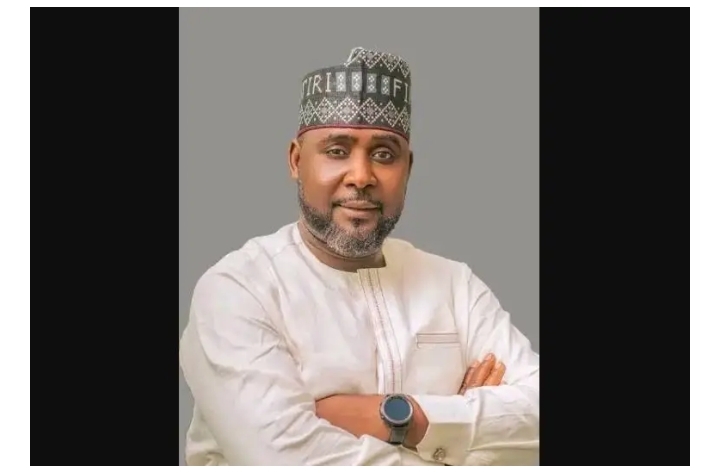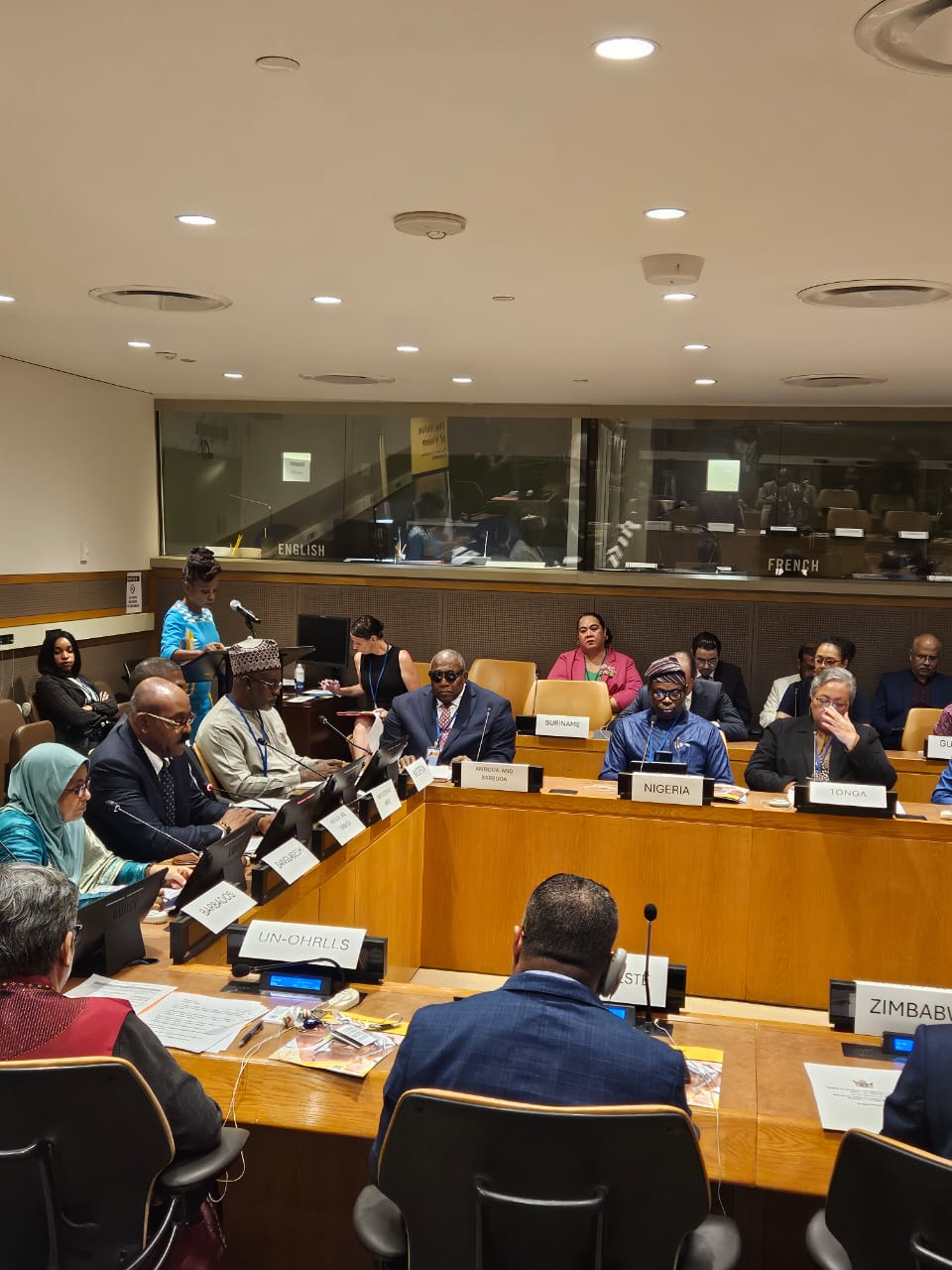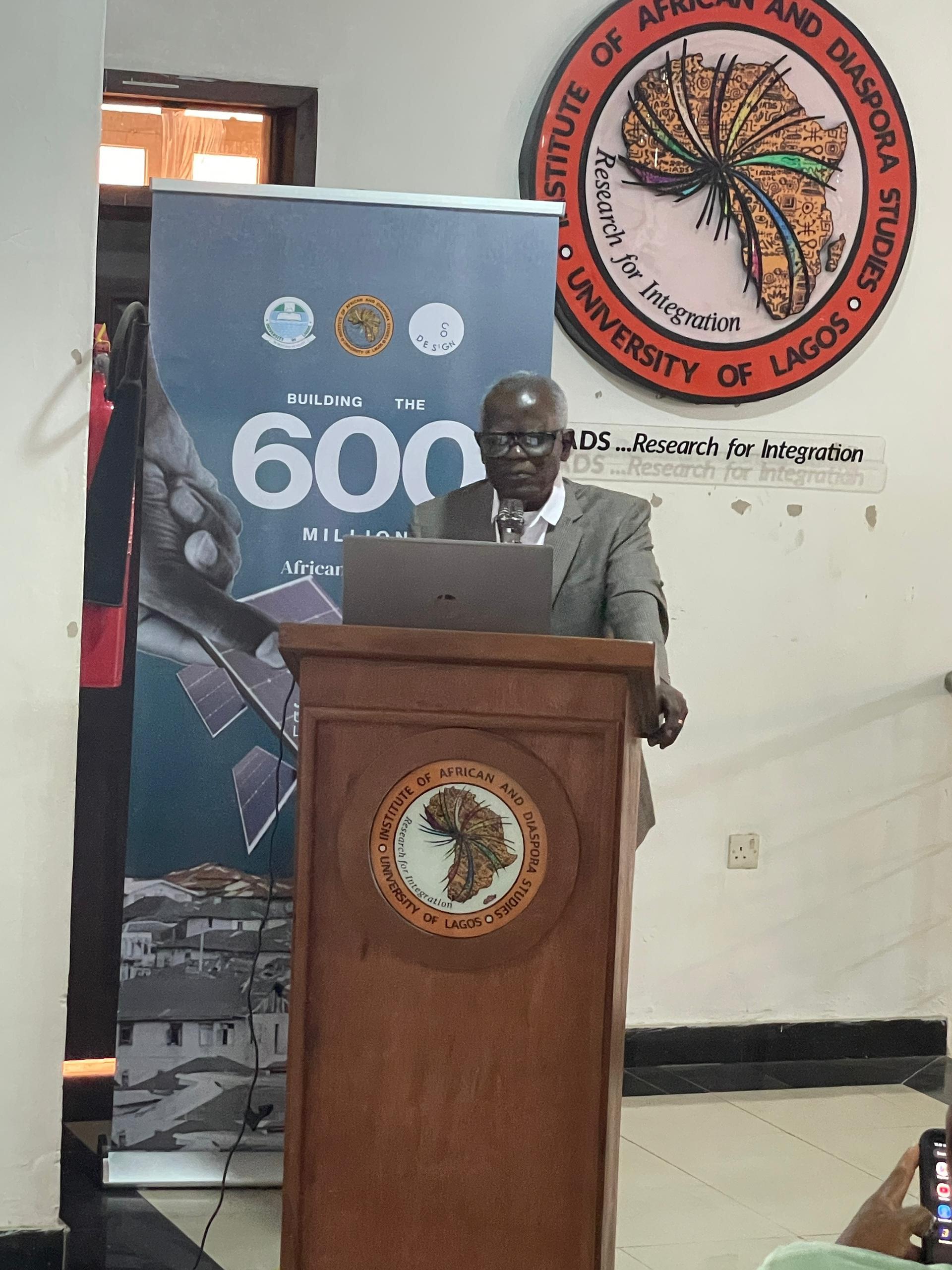South East Development Commission Set for Full Take-Off – Says MD/CEO
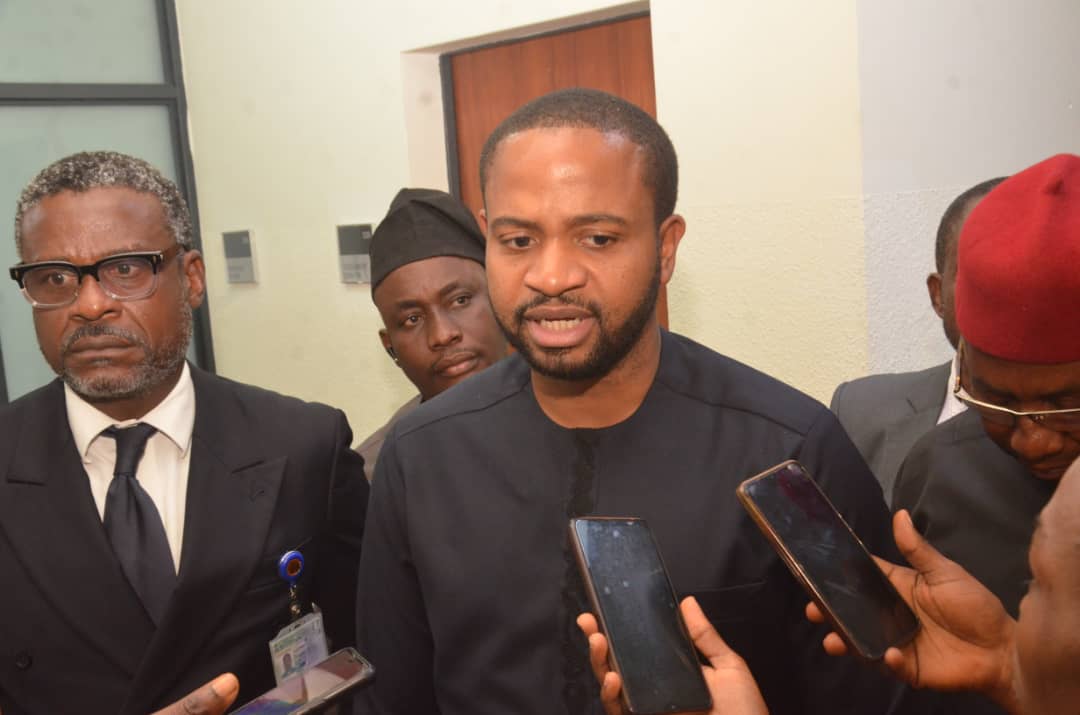
By Fatima Saka
The Managing Director and Chief Executive Officer of the South East Development Commission (SEDC), Mr. Mark Okoye, has assured that the Commission is set for full operational take-off in the coming weeks, following months of stakeholder engagement and groundwork.
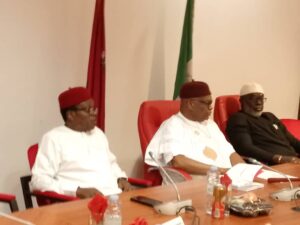
Okoye told journalists on Thursday in Abuja after a closed-door session with the Senate Committee on the South East Development Commission, chaired by Senator Orji Uzor Kalu. He described the engagement as part of the Commission’s efforts to keep key legislative stakeholders informed and aligned with its development agenda.
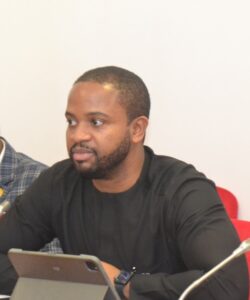
“We just came to fulfill our duty of carrying along a very important stakeholder for us, the Senate Committee on the South East Development Commission. Between our last meeting in May and now, quite a number of things have happened, and we used this opportunity to give a high-level briefing on the affairs of the Commission and receive their guidance and commendation,” Okoye said.
Speaking on the operational readiness of the Commission, Okoye revealed that both the management and the board, inaugurated on February 11, 2025, have been working harmoniously to set the foundation for effective project implementation.
“Our board has been in place since our inauguration. The chairman and board members have provided enormous support, guidance, and advice. We have a very harmonious working relationship, and together, we are preparing for the immediate take-off of our activities,” he noted.
The SEDC boss further highlighted that the Commission now has a functional budget framework to drive its mandate across the region.
“Very soon, our activities will be visible on the ground. In the next month or so, Nigerians will see tangible development initiatives coming out of the SEDC,” he assured.
Okoye praised President Bola Ahmed Tinubu’s administration for its vision in establishing regional development commissions, describing them as a true embodiment of the Renewed Hope Agenda.
“These development commissions reflect the government’s eight priority areas. Our responsibility is to ensure alignment and collaboration among key stakeholders, state governments, the private sector, the National Assembly, and other MDAs, so that we can deliver impact to the grassroots,” he added.

